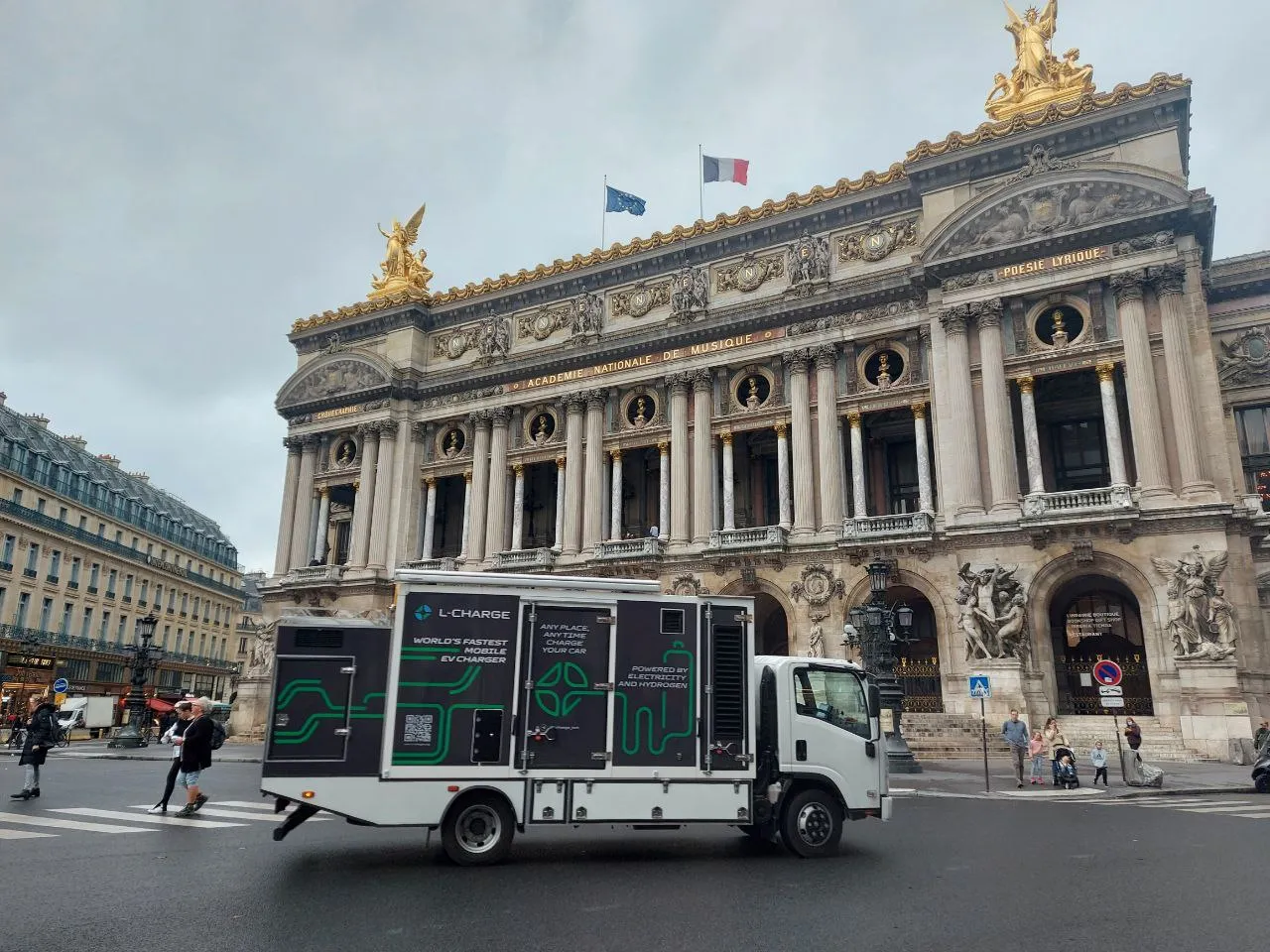The Spanish city of Malaga is to participate in the four-year Zem2All project to study the impact that the use of electric vehicles (EVs) have on the city. During the tests an in-depth study of the impact of EVs on the electricity grid will be carried out and the conditions for a widespread use of electric cars will be analysed. Researchers say results should provide information on the impact and management of e-mobility resources in cities of the future, ranging from the use of cars, charging infrastructur
May 9, 2013
Read time: 2 mins
The Spanish city of Malaga is to participate in the four-year Zem2All project to study the impact that the use of electric vehicles (EVs) have on the city. During the tests an in-depth study of the impact of EVs on the electricity grid will be carried out and the conditions for a widespread use of electric cars will be analysed.
Researchers say results should provide information on the impact and management of e-mobility resources in cities of the future, ranging from the use of cars, charging infrastructure and potential services, to the impact on energy management in cities. Companies participating in the project hope to establish a next-generation transportation infrastructure to reduce CO2 emissions and achieve mass e-mobility.
200 electric vehicles will be distributed to the project participants. In order to ensure user autonomy, 200 conventional charging points will be installed in the homes and workplaces of participants. In addition, twenty-three fast-charge stations will be set up, allowing 80 per cent of the car’s battery to be charged in less than thirty minutes.
Six bidirectional charging stations (V2G) will be installed at the project’s headquarters, thus enabling users to return electricity directly back to the grid.
The charging infrastructure will provide users with real-time information on the whereabouts of the nearest charging point as well as the best route to reach it.
The project has a budget of U$78 million and is led by Spanish company Endesa and Japanese4962 Mitsubishi Heavy Industries, alongside partners that include Mitsubishi Corporation and 2213 Hitachi.
The research project is part of the Smart Community System Demonstration Project launched by the new Energy and Industrial Technology Development Organisation (NEDO). The project is also supported by the Japan-Spain Innovation Program.
Researchers say results should provide information on the impact and management of e-mobility resources in cities of the future, ranging from the use of cars, charging infrastructure and potential services, to the impact on energy management in cities. Companies participating in the project hope to establish a next-generation transportation infrastructure to reduce CO2 emissions and achieve mass e-mobility.
200 electric vehicles will be distributed to the project participants. In order to ensure user autonomy, 200 conventional charging points will be installed in the homes and workplaces of participants. In addition, twenty-three fast-charge stations will be set up, allowing 80 per cent of the car’s battery to be charged in less than thirty minutes.
Six bidirectional charging stations (V2G) will be installed at the project’s headquarters, thus enabling users to return electricity directly back to the grid.
The charging infrastructure will provide users with real-time information on the whereabouts of the nearest charging point as well as the best route to reach it.
The project has a budget of U$78 million and is led by Spanish company Endesa and Japanese
The research project is part of the Smart Community System Demonstration Project launched by the new Energy and Industrial Technology Development Organisation (NEDO). The project is also supported by the Japan-Spain Innovation Program.








